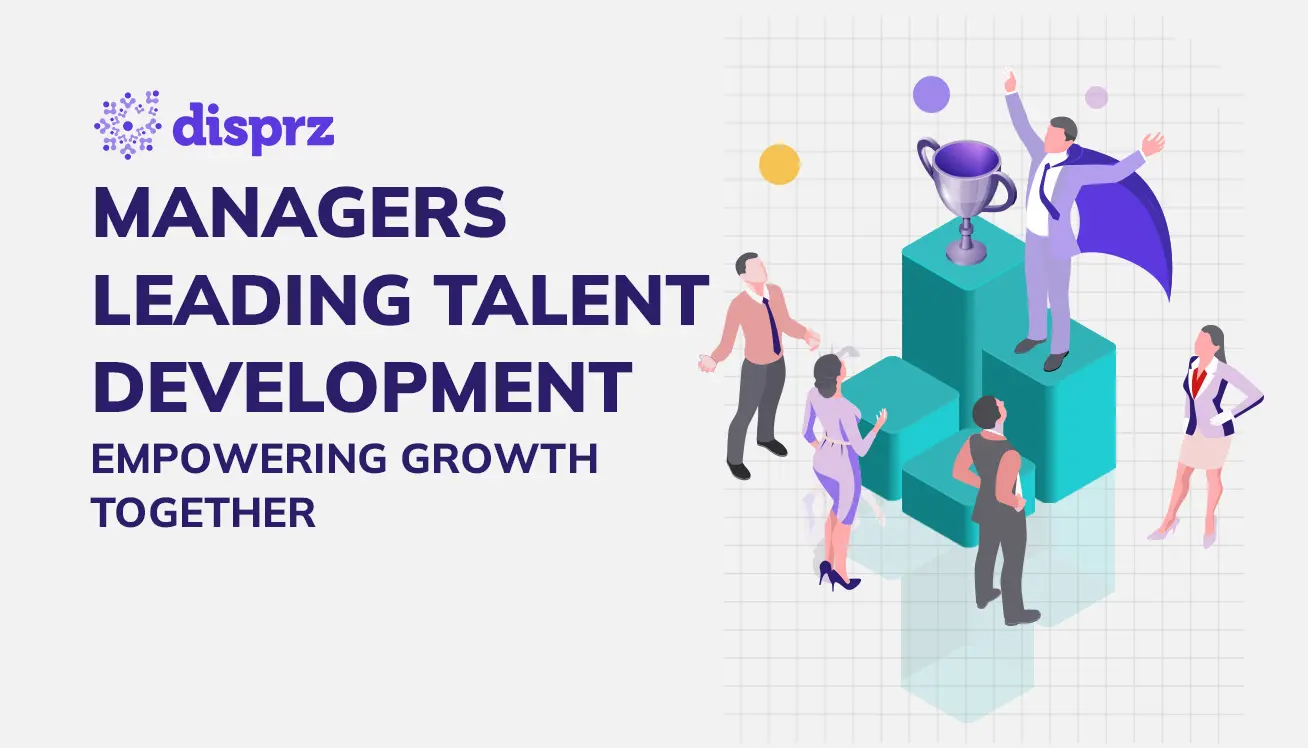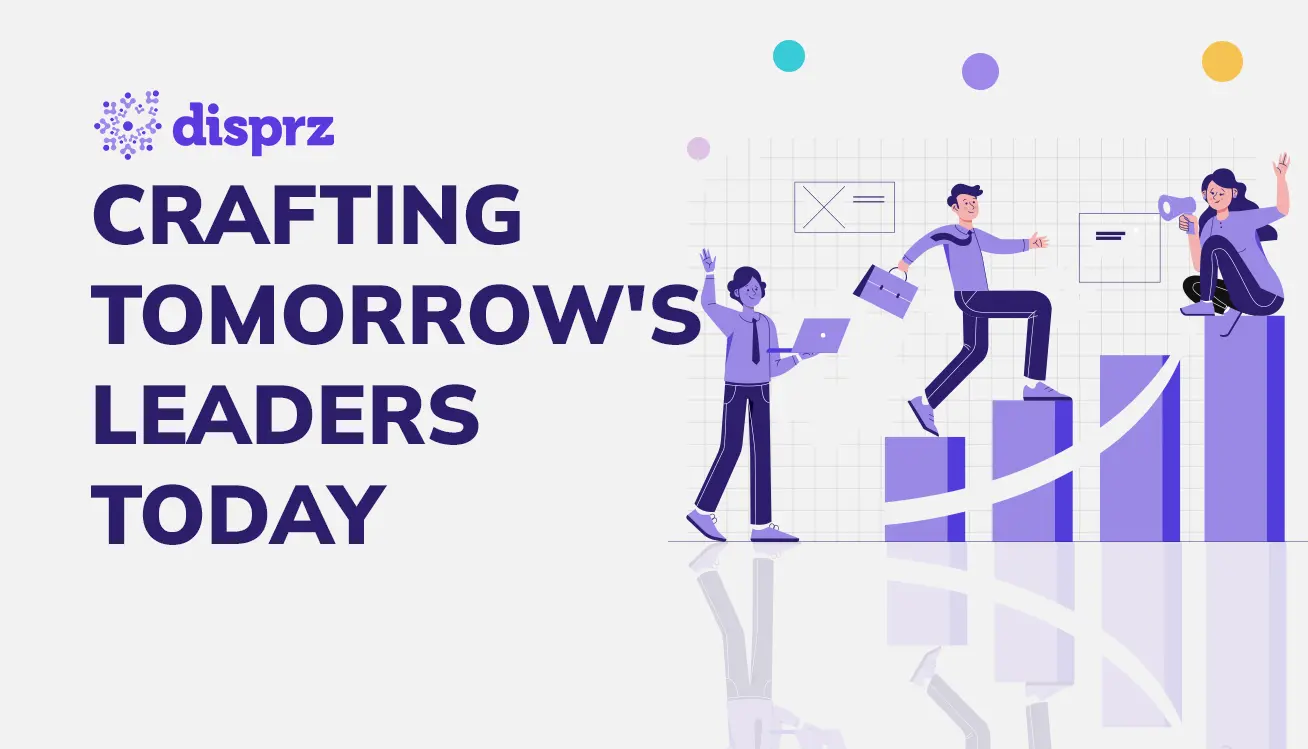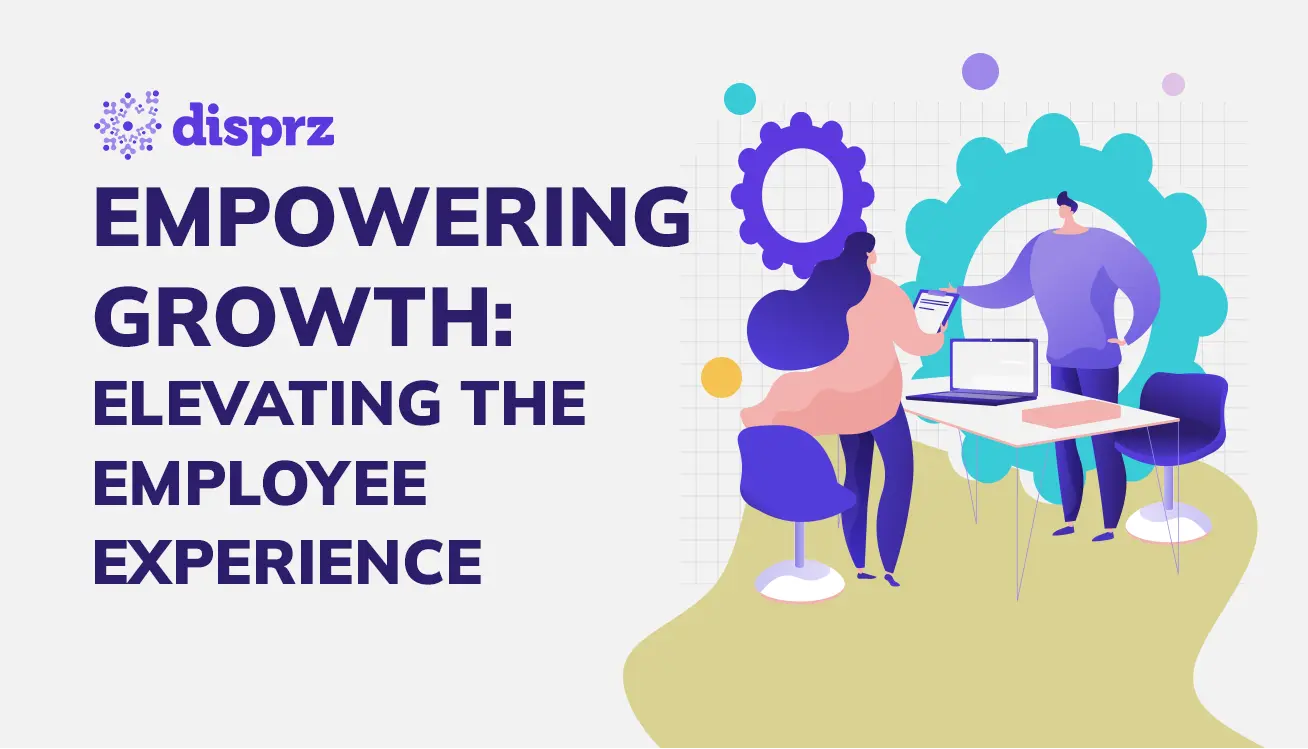-
Outcomes
Latest Blog Posts
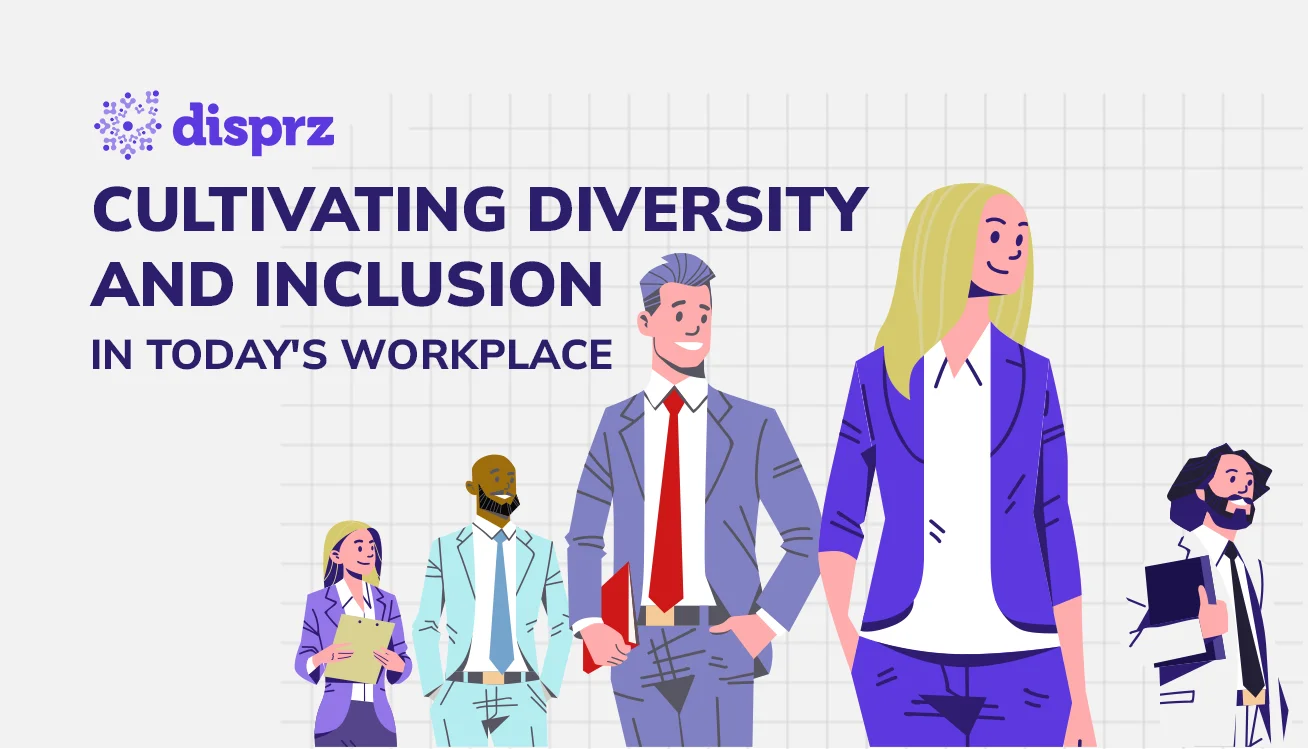 Essential Strategies for L&D Teams in Today’s Workplace by Cultivating Diversity and Inclusion
Essential Strategies for L&D Teams in Today’s Workplace by Cultivating Diversity and Inclusion -
Products
ProductsLatest Blog Posts
 Essential Strategies for L&D Teams in Today’s Workplace by Cultivating Diversity and Inclusion
Essential Strategies for L&D Teams in Today’s Workplace by Cultivating Diversity and Inclusion -
Customers
Latest Blog Posts
 Essential Strategies for L&D Teams in Today’s Workplace by Cultivating Diversity and Inclusion
Essential Strategies for L&D Teams in Today’s Workplace by Cultivating Diversity and Inclusion -
Resources
Latest Blog Posts
 Essential Strategies for L&D Teams in Today’s Workplace by Cultivating Diversity and Inclusion
Essential Strategies for L&D Teams in Today’s Workplace by Cultivating Diversity and Inclusion -
Company
Latest Blog Posts
 Essential Strategies for L&D Teams in Today’s Workplace by Cultivating Diversity and Inclusion
Essential Strategies for L&D Teams in Today’s Workplace by Cultivating Diversity and Inclusion
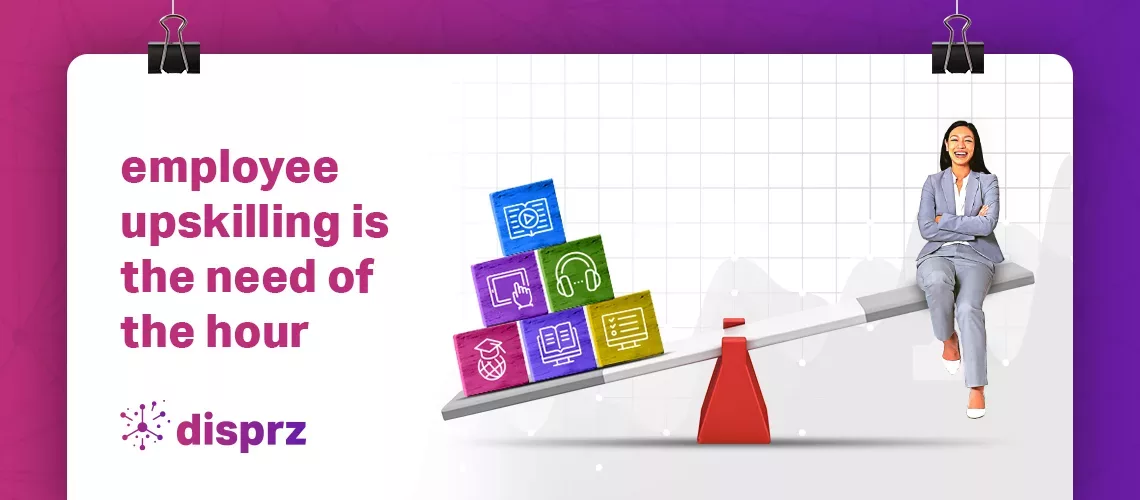
6 min read
• 25 Mar 2024
91% of Malaysian employees are interested in upskilling opportunities – is your L&D prepared
Continuous upskilling has become essential as Malaysia's digitization accelerates. Nine out of ten Malaysian employees believe they need to upskill and reskill.
-
eBookEmployee Upskilling - A Detailed Blueprint For Building A Skills-Driven Learning Culture
Nine out of 10 Malaysian employees feel the need for upskilling and reskilling to survive and thrive in the digital dominant business world. Some Malaysian employees are taking the initiative and upskilling themselves to bridge the digital skill gap.
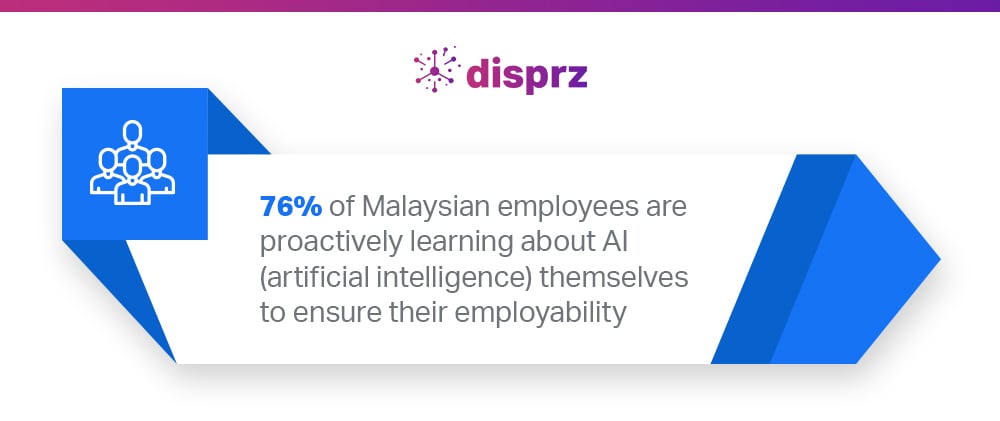
However, most employees expect the organization to integrate learning into the flow of work to equip them with future-ready skills. An agile and skilled workforce is the need of the hour in Malaysia to respond to the changing working condition evolved by uncertainty and disruption. Hence the L&D team needs to up its game and rethink its learning strategies to provide more robust support for upskilling and reskilling Malaysian employees.
Malaysian companies are tapping into modern technologies and AI – Do employees have the digital skills to leverage them?
Malaysian companies are pushing ahead with digital transformation to stay ahead in the competitive business world. They are expanding their investment in technologies like cloud, computing, big data, blockchain, and AI. The Government of Malaysia, too, is taking initiatives to fuel the nation’s digital economy.
For instance, in last year’s budget, the Government of Malaysia set aside a sum of US$242.5 million for areas including cybersecurity, Internet of Things and connectivity, digital workforce, and digital transformation of small and medium enterprises.
Businesses are ramping up automation to improve services and enhance customer satisfaction. However, technology and automation are incomplete without a human brain. For instance, the employee needs to create a workflow for automation processes in most cases. However, due to a lack of digital skills, the employees fail to leverage the benefits of modern technology, and the company does not succeed in getting the expected ROI.
71% of employees fear that their jobs may be at risk due to automation – Why do Malaysian employees dread the rapid digital transformation?
Modern technologies present a wide gamut of opportunities. Automation can eliminate redundant tasks and help save time, effort, and resources. However, some Malaysian employees have different views about Malaysia’s digital acceleration. Most of them fear that AI and technology evolution will impact their job. The widening skill gap is a pressing issue making Malaysian employees anxious and restless.
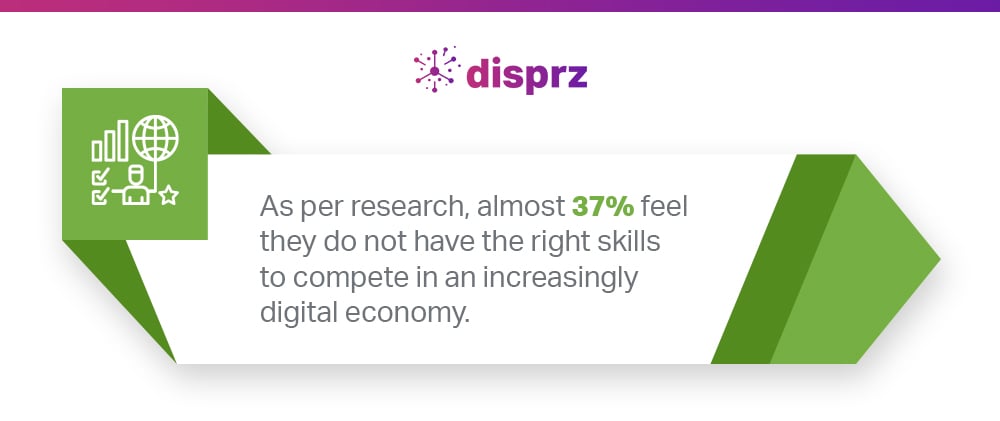
Malaysian employees seek upskilling and reskilling opportunities to stay relevant in the rapidly changing Malaysian business world. The Government of Malaysia is trying to address the widening digital skill gap by taking various initiatives for job upskilling and reskilling employees. Malaysia Digital Economy Corporation, a Government agency, partnered with Coursera to provide skill development opportunities to the Malaysian workforce. They are also implementing various plans to enhance the skillset of Malaysian employees.
With the Government moving towards upskilling for the digital world, employee expectations from their employers are also increasing. Most companies are trying to prepare their employees for the digital-first world by appointing a learning and development professional/team and setting aside an L&D budget to ensure the right skilling opportunities are provided to bridge the digital skill gap. However, in some cases, the L&D itself has gaps that fail to deliver the expected return on investment.
78% of Malaysians are unhappy with their Jobs – Is misalignment between L&D and employee aspirations one of the reasons?
Employers tend to put in more effort when they believe that their employer is concerned about their career growth.
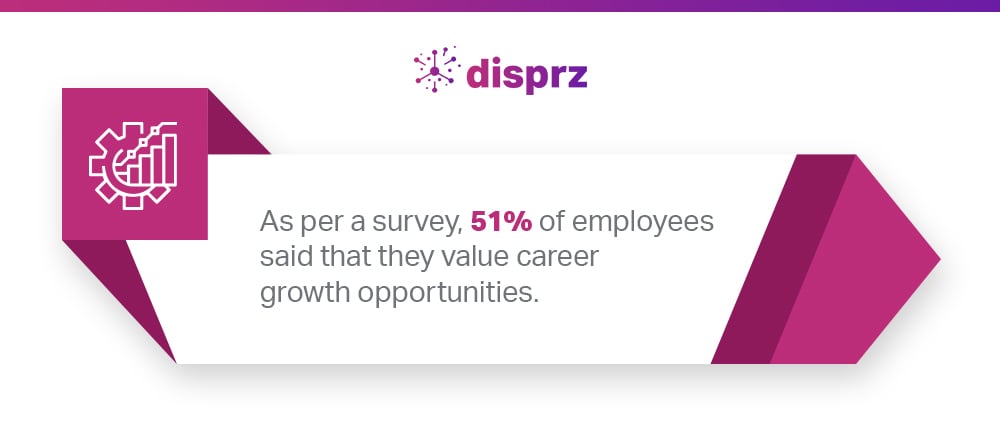
Employers are interested in contributing to the organization’s larger corporate objectives. However, simultaneously they are interested in climbing the stairs to success in their own career. Sadly most of the learning and development are not aligned with the employee’s aspirations leading to dissatisfaction at work. Without skill and knowledge enhancement, employees feel stagnant and gradually lose interest resulting in low output.
Most learning and development professionals are looking forward to improving their KPI score by providing L&D opportunities to maximum employees in minimum time. Hence they cast the net wide and try to create generic courses for different teams instead of identifying and bridging individual skills gaps.
Employees in the same team can have different skills gaps. For instance, in a Marketing team, one employee focuses on the Malaysia region, and the second focuses on the target audience from the US region.
Their target audience is in different regions; hence, their challenges in generating leads would differ. A shoe that fits one might pinch the other, so a one size fits all approach to learning might not help the employees acquire the required skills or fulfill their career aspirations. Therefore, it is critical to understand what each employee envisions for their career and what hurdles they face in contributing toward the business goals. Aligning L&D with employee aspirations can help in improving employees’ engagement, satisfaction, and performance. Hence, through one-to-meetings L&D leaders can gauge how employees are performing, find out on which path they are headed, and understand their career attitudes. Based on the data amassed through the one-to-one conversations, the L&D professional can map out an L&D journey that’s in sync with employee goals.
61% of Malaysian workers plan to find a new job by next year – Have you applied the upskilling strategy to retain your best talent?
Most Malaysian employers couldn’t escape the attrition tsunami last year and unfortunately got affected by “The Great Resignation.”
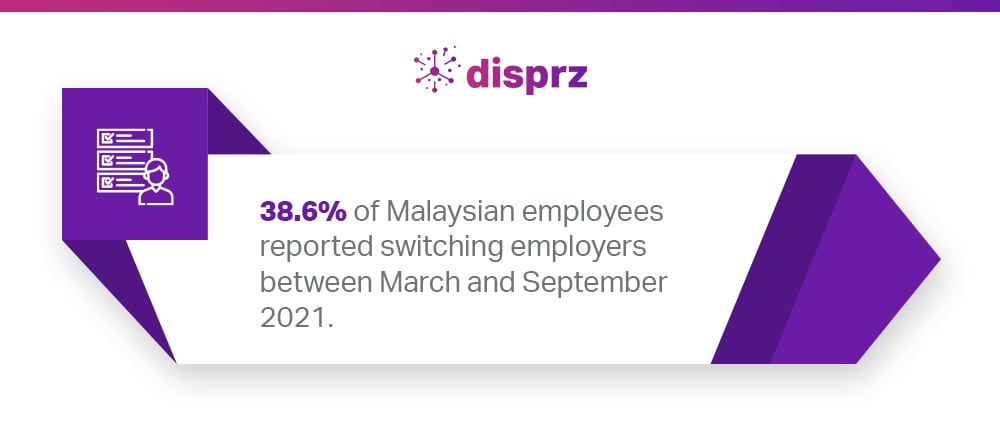
Retaining talents is more cost-effective than hiring new employees. However, without the right upskilling strategy, most companies struggle to retain their top talents. Employees don’t hesitate in switching companies if they see a lucrative opportunity on the other end.
The obsolete upskilling framework doesn’t fit in a modern business environment. With the rapid advancements in AI and technologies in Malaysia, workplace challenges have become unpredictable. A fresh new approach to upskilling for the digital world is essential to make employees more agile and confident to anticipate and address unforeseen challenges.
Employees are seeking learning and development opportunities, yet they repel from learning programs that are lengthy, time-consuming, and irrelevant. Hence Malaysian learning and development professionals need to carefully pick the best upskilling strategies that will help the employees expand their capabilities and give them a reason to stick with the current company.
Below are a few modern talent upskilling and reskilling approaches that can help in making employees future-ready.
Personalized learning
With the help of AI-powered learning technology, create personalized learning pathways tailored to each employee’s job role, learning interest, and requirements.
Micro-learning
Create courses that are short yet impactful and easy to digest. Employees can access the bite-sized content at their convenient time and at their own pace.
Social-learning
Bring all your employee on a common platform where employees can share knowledge/ resources/ techniques/ strategies/ best practices and learn from each other.
Gamified learning
Make learning fun, engaging, and interactive with Gameinar elements like a roulette wheel, quiz, text wall, breakout rooms, live leaderboards, and sticky notes.
47% of employees are dissatisfied with their L&D programs – Are you tracking your L&D initiatives to ensure their driving value?
Learning and development professionals invest several hours in developing L&D programs to upskill and reskill employees. But they fail to measure if those learning programs are driving impact and reaping fruitful results?
Most Malaysian employees are dissatisfied with their L&D programs. Moreover, several organizations’ top management is disappointed with the employee performance due to which they miss out on their annual business goals. Therefore they aren’t motivated to expand the L&D budget.
L&D professionals should consider investing time in tracking various learning metrics to showcase the ROI of learning. Nowadays modern learning technologies like disprz not only have rich features to enhance learning and development but are also powered with tools like analytics builder to convert raw data into actionable insights. So L&D professionals can monitor learning metrics like course adoption, course completion, learning dropout, etc, to measure the ROI of their learning programs. They can use the data to showcase the value they are providing through their learning and development efforts.
Conclusion
With digitalization accelerating in Malaysia, continuous upskilling has become the need of the hour. Job upskilling is critical to improving employee retention and productivity. However, the learning and development programs need to be personalized to increase engagement and capture employee attention. L&D professionals need to constantly update the upskilling strategies to address the changing learning needs. An effective upskilling framework can help unlock the full potential of employees and empower them to contribute to the growth of the company.
About the author

Debashree Patnaik
Debashree is a seasoned content strategist at Disprz.ai, specializing in enterprise learning and skilling. With diverse experience in B2B and B2C sectors, including ed tech, she leads the creation of our Purple papers, driving thought leadership. Her focus on generative AI, skilling, and learning reflects her commitment to innovation. With over 6 years of content management expertise, Debashree holds a degree in Aeronautical Engineering and seamlessly combines technical knowledge with compelling storytelling to inspire change and drive engagement.
More Resources
4 min read
• 15 Apr 2024
Unlocking the Power of Managerial Engagement in Talent Development
4 min read
• 09 Apr 2024
Nurturing Excellence in Building Leadership Pipelines
4 min read
• 09 Apr 2024
Improving “Employee Experience” For Organizational Growth
Sign up to get free resources and stay up to date with Disprz!
Discover how Disprz can align learning and upskilling with your desired business outcomes.


